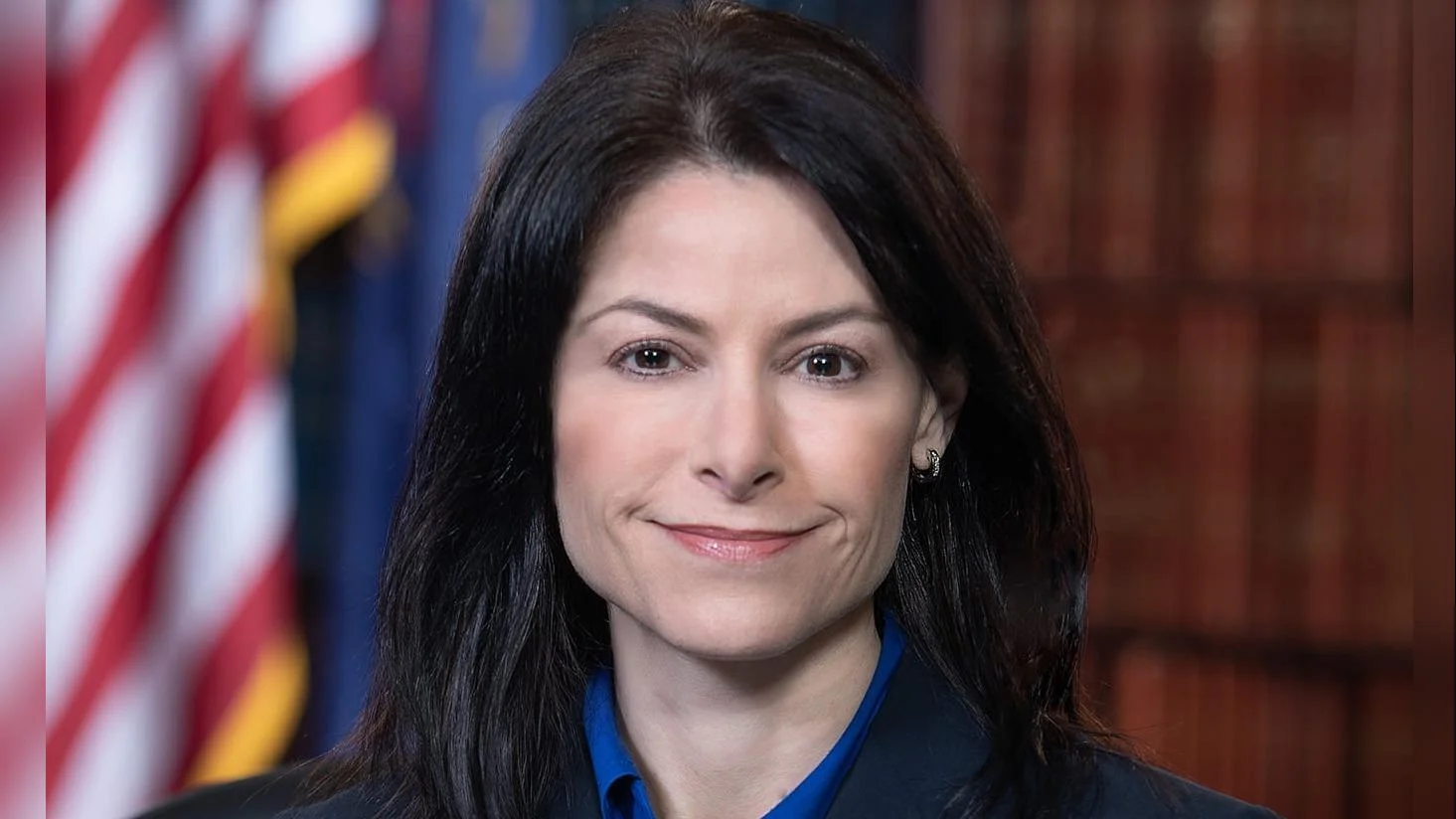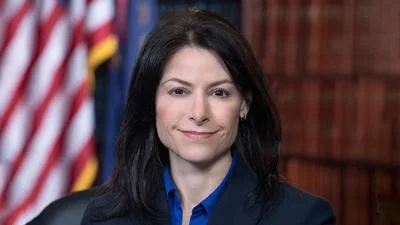Attorney General Dana Nessel | Official website
Attorney General Dana Nessel | Official website
Michigan Attorney General Dana Nessel, along with attorneys general from 38 other states and territories, has sent a letter to congressional leaders urging the passage of legislation to prevent pharmacy benefit managers (PBMs) from owning or operating their own pharmacies. This coalition believes that PBMs have exploited their position to prioritize profits, leading to higher costs for patients and imposing challenging conditions on small, independent pharmacies.
"By owning pharmacies, pharmacy benefit managers have manipulated the system to prioritize profits, forcing patients to pay higher prices and subjecting small, independent pharmacies to unfair and arbitrary conditions," Nessel stated. "I am proud to stand with my colleagues in calling on Congress to prohibit this exploitative process."
PBMs act as third-party administrators for prescription drug plans, but their recent evolution through consolidation and integration has transformed them into significant players with substantial influence over the market. These entities have affiliated pharmacies and are often part of larger conglomerates that include insurance companies and healthcare clinics. The size and reach of PBMs allow them to exert significant control over independent competition, forcing these smaller operations to agree to complex and potentially unfavorable contract terms.
The coalition's letter asks Congress to enact laws that would protect consumers by stopping PBMs, or their parent companies, from having ownership of pharmacies.
The attorneys general from Alaska, American Samoa, Arizona, Arkansas, California, Delaware, the District of Columbia, Hawai'i, Illinois, Kentucky, Louisiana, Maine, Maryland, Massachusetts, Minnesota, Mississippi, Missouri, Nevada, New Hampshire, New Jersey, New Mexico, New York, North Carolina, North Dakota, Ohio, Oregon, Pennsylvania, Rhode Island, South Dakota, Tennessee, Utah, Vermont, Virgin Islands, Virginia, Washington, West Virginia, Wisconsin, and Wyoming signed the letter.






 Alerts Sign-up
Alerts Sign-up